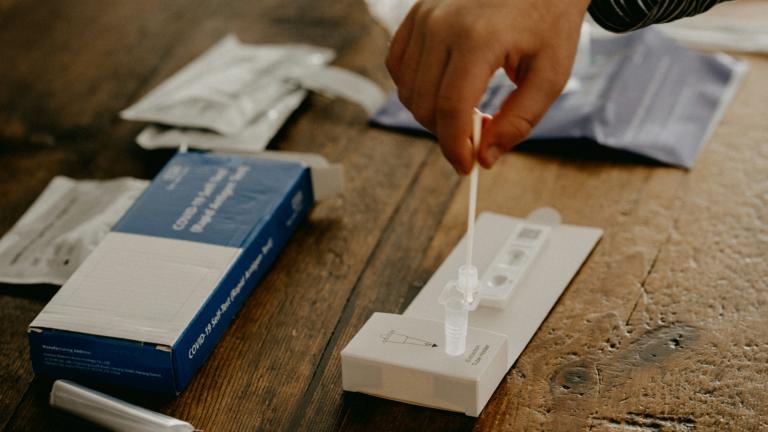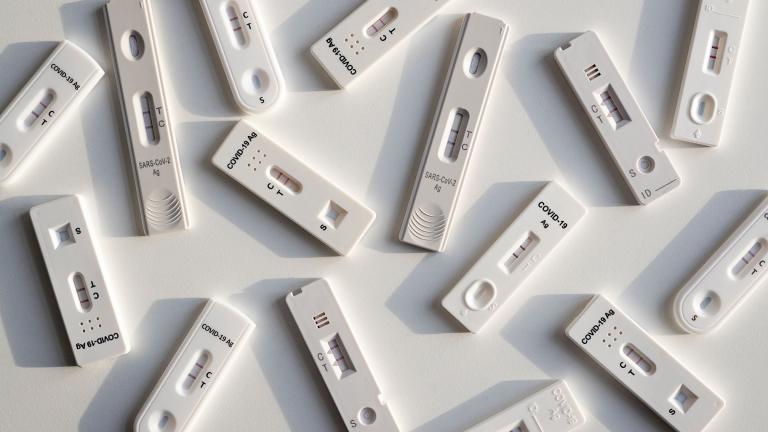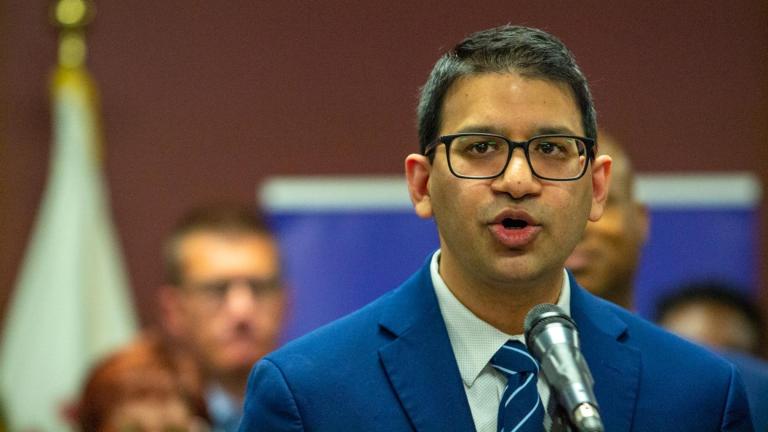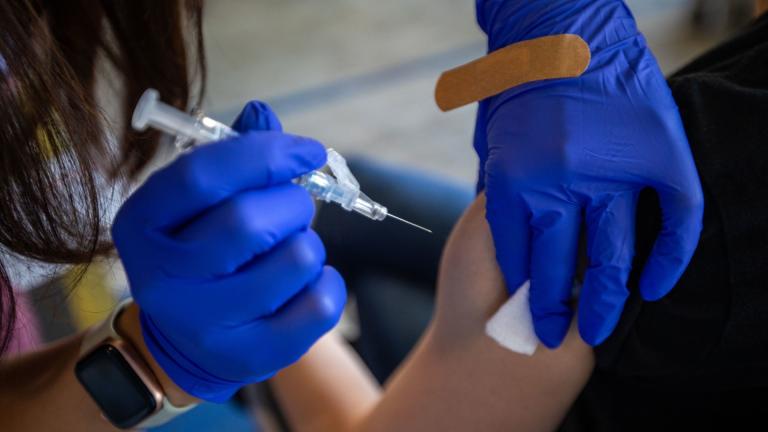Like many Chicagoans, Patric King was desperate to get his elderly, homebound mother Judy King vaccinated against COVID-19.
King's family had been hit especially hard by the virus, with his father, father-in-law and uncle dying after being diagnosed with COVID-19. That made King especially determined to protect his mother, who moved in with her son and his husband from an apartment where she was isolated at the beginning of the pandemic.
Because King's husband is a bartender who had no choice but to return to work, King was frantic to get his mom vaccinated. But even if he hit the lottery and found a coveted appointment for his ailing mom at a hospital or pharmacy, he feared the trip could threaten her health.
So when city officials announced March 4 that Chicagoans could sign up to have their homebound relatives vaccinated through the Chicago Department of Public Health, King jumped at the chance and signed her up on the day it was announced.
But King heard nothing, even after registering three times.
“All I want to do now is get her in shape to go see people,” King said.
Eventually, King got his mother an appointment at the Cook County mass vaccination center in Des Plaines on April 2.
King said he was relieved — but frustrated that he waited, in vain, for an appointment for his mom via the homebound program.
“What a mess,” King said.
About half of all people contacted by city health workers who signed up for the homebound program had already been vaccinated by the time officials contacted them to schedule an appointment, Dr. Allison Arwady, the city’s commissioner of the Department of Public Health, said March 30 during an online question-and-answer session.
“It is very resource intensive,” Arwady said.
The program hopes to get all homebound Chicagoans who have signed up for the vaccine inoculated by the end of May, Arwady said.
Acknowledging the program started slowly, Tamara Mahal, the director of vaccine operations for the Chicago Department of Public Health, said efforts are underway to ramp up the pace of vaccinations by expanding the number of teams to work through the backlog of 4,000 Chicagoans champing at the bit to get the vaccine.
The program’s first month was designed to test the service, which pairs vaccinators from the CDPH with six paramedics from the Chicago Fire Department, who routinely provide medical care to homebound Chicagoans, Mahal said.
The city’s Department of Family and Support Services and the Mayor’s Office for People with Disabilities as well as community organizations like Access Living, identified individuals who were eager for the vaccine, but could not leave their homes, Mahal said.
In all, approximately 500 people were vaccinated by the program through March 30 in approximately 250 homes, Mahal said.
That includes caregivers for homebound Chicagoans, Mahal said, since they pose the biggest risk for transmitting the virus to their relatives.
The Johnson & Johnson vaccine has been a “home run” for the program since it is administered in a single dose and only needs to be refrigerated rather than stored in an ultra-cold freezer like the Pfizer vaccine, Mahal said.
Those who get the J&J vaccine are considered fully protected 15 days after the shot, according to federal guidance.
The program expanded this week from three vehicles to six vehicles, with the program set to expand to a total of 12 vehicles next week with the help of volunteers from the city’s medical reserve corps, Mahal said. Eventually, there will be 25 teams, officials said.
Mahal said it made sense that those who initially signed up to be vaccinated through the homebound program have found other ways to get the vaccine, like Judy King.
“They all deserve vaccination,” Mahal said. “We are trying to do it in the most efficient and equitable way.”








